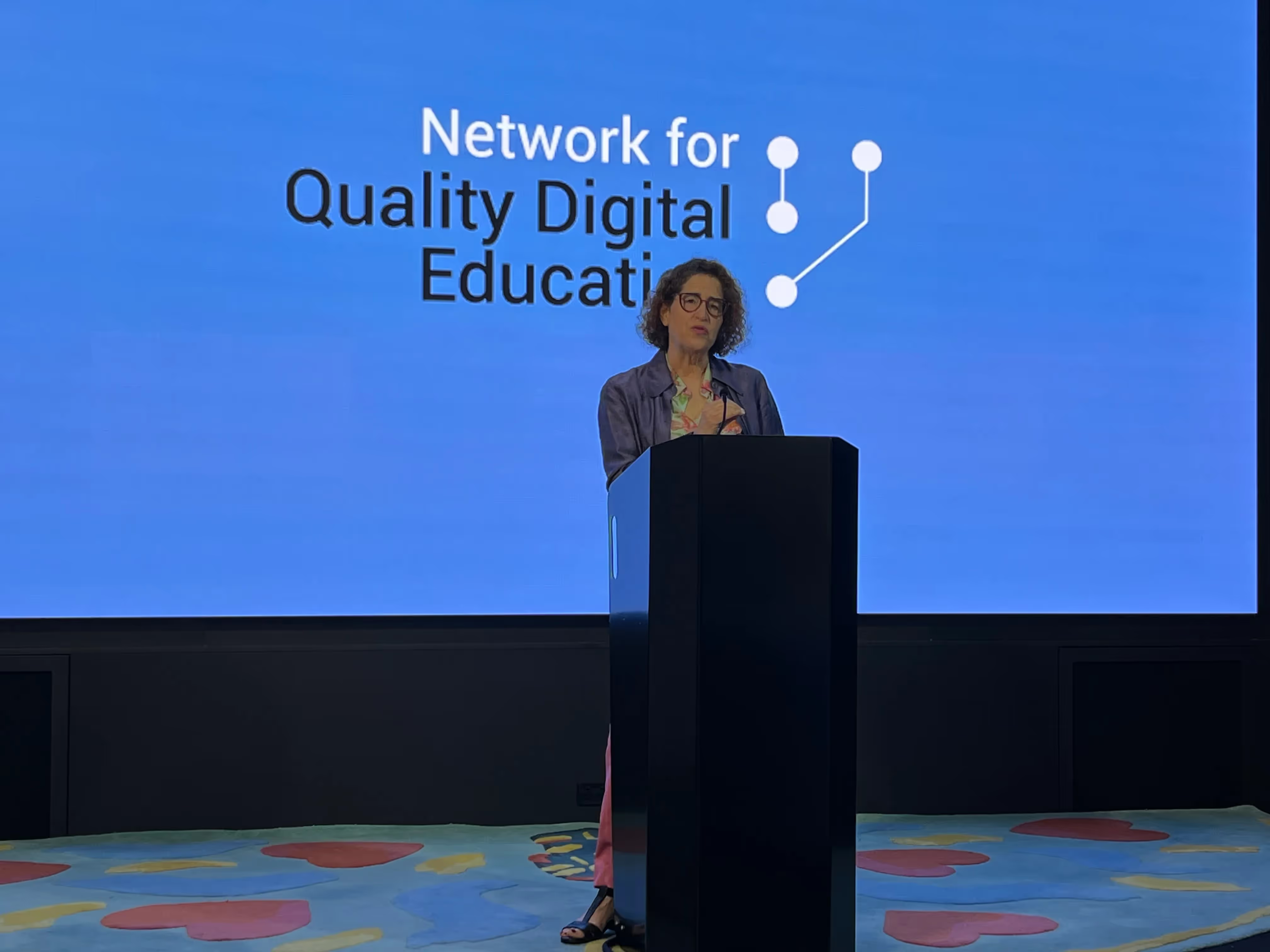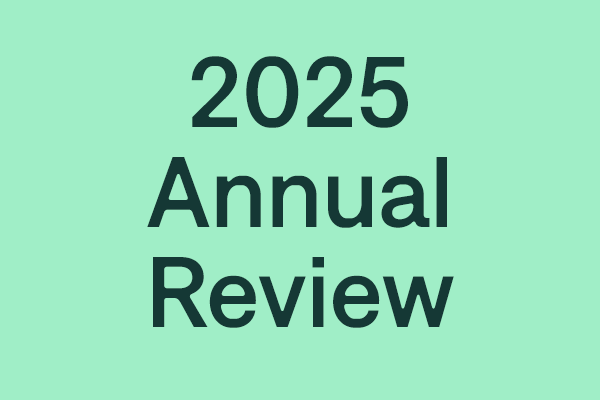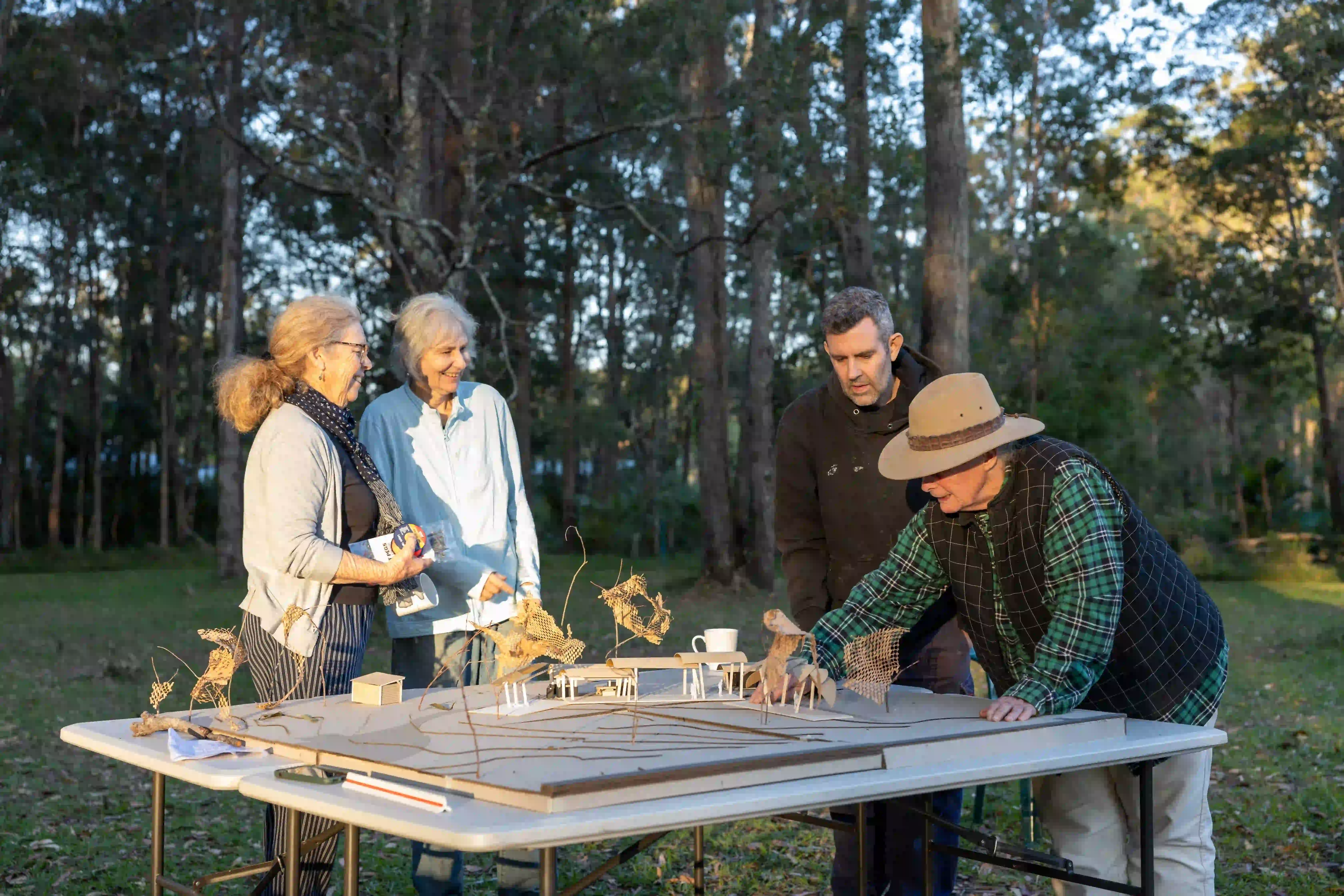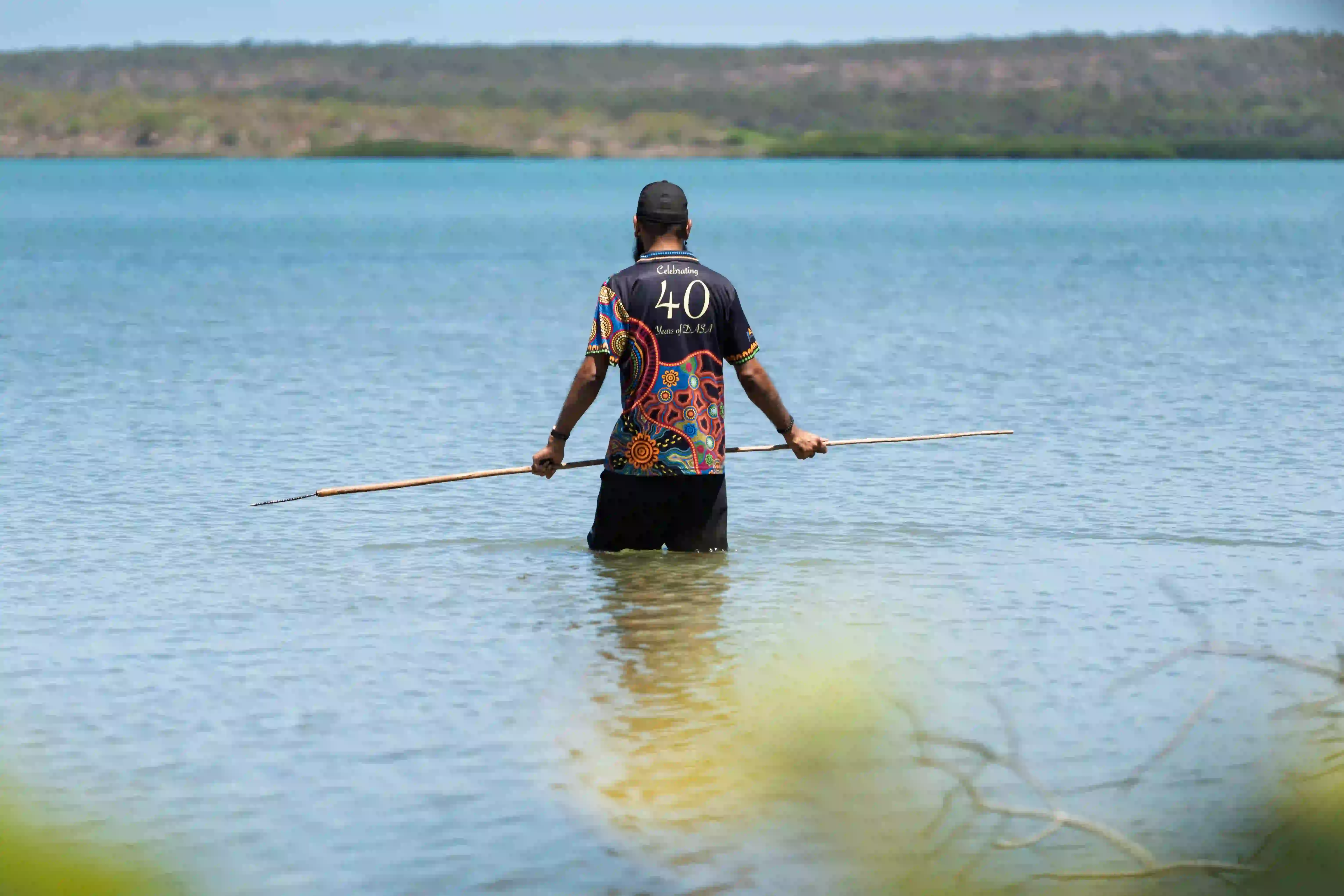Leaders from Australia’s education and technology sectors have come together with social benefit and government partners in a new coalition to help realise the potential of artificial intelligence and other educational technology (edtech) to overcome educational inequalities.
The University of Technology Sydney, with support from the Paul Ramsay Foundation, this month launches the Australian Network for Quality Digital Education to leverage the potential of digital technology to transform learning outcomes, particularly for students experiencing disadvantage.
Through a cross-sector and bottom-up approach, the Network seeks to create an equitable and accessible edtech sector, while working on key policy questions and investigating the most successful educational uses of technology.
The Network will be chaired by Professor Leslie Loble AM, who released a significant report last year highlighting the potential for high-quality AI and edtech to help tackle Australia’s learning divide if it is well designed, appropriately used and properly governed.
“The startling advent of ChatGPT has highlighted edtech’s risks and benefits, but Australian teachers, parents and schools still lack easily accessible, robust evidence on how to use edtech safely and effectively for positive impact,” said Professor Loble.
“We must get on the front foot to ensure that these rapid advances are properly harnessed so that we can maximise the opportunity to improve outcomes for Australian students.
“The Network will help ensure teachers, parents and schools are equipped with the knowledge and resources they need to safely and successfully harness edtech’s potential. If properly designed and managed, technology can help address the widening outcome gaps in Australia’s education system.”
David Gonski AC, longstanding proponent of more equitable support for Australian students, lends support to the Network.
“Edtech is a critical component of the educational environment,” Mr Gonski said.
“We do not ask whether schools should have computers because computers are part of the modern world. We do ask – and we should keep asking – how can edtech be best used to improve teaching and learning, especially for the students who need it most?
“The Network is an important way of creating momentum for change at a social and technological inflection point.”
Paul Ramsay Foundation CEO Professor Kristy Muir welcomed the opportunity to support future-focused technology solutions to improving educational equity in Australia, emphasising its important role in helping to break cycles of disadvantage.
“Evidence shows that digital technology can be a powerful educational tool when used properly, but we need to make sure that this revolution does not widen the education gap,” she said. “Ensuring equitable access to quality edtech for students and teachers is critical.
“We need to ensure all children in Australia get the best from this rapidly advancing technology, setting them up for a lifetime of learning and other positive outcomes. PRF is proud to support the Network, which will have a particular focus on listening to and learning from voices less frequently heard, so that edtech can respond to the full diversity of needs and start to disrupt the education divide.”
Professor Tom Calma AO – Chancellor of the University of Canberra, elder from the Kungarakan tribal group, member of the Iwaidja tribal group and Co-Chair of the Australian Literacy and Numeracy Foundation – said the collaboration behind the Network presented a strong opportunity to drive positive outcomes for students.
“We know that education and technology together can change lives. But it needs to be good technology designed with affected communities and peoples,” he said.
“The Network gives us an opportunity to come together, listen, learn and contribute, so that our children can benefit from the best edtech – the edtech that puts their needs, learning and wellbeing first.”
The Australian Network for Quality Digital Education is being convened with inaugural funding from the Paul Ramsay Foundation and sponsored by the Hon. Professor Verity Firth AM, Pro Vice-Chancellor (Social Justice and Inclusion) at the University of Technology Sydney. Three meetings are planned for 2024.
No items found.











